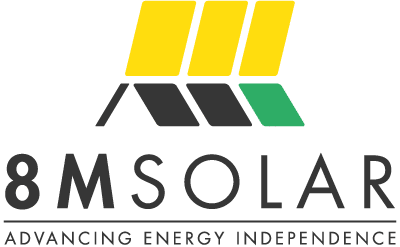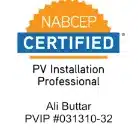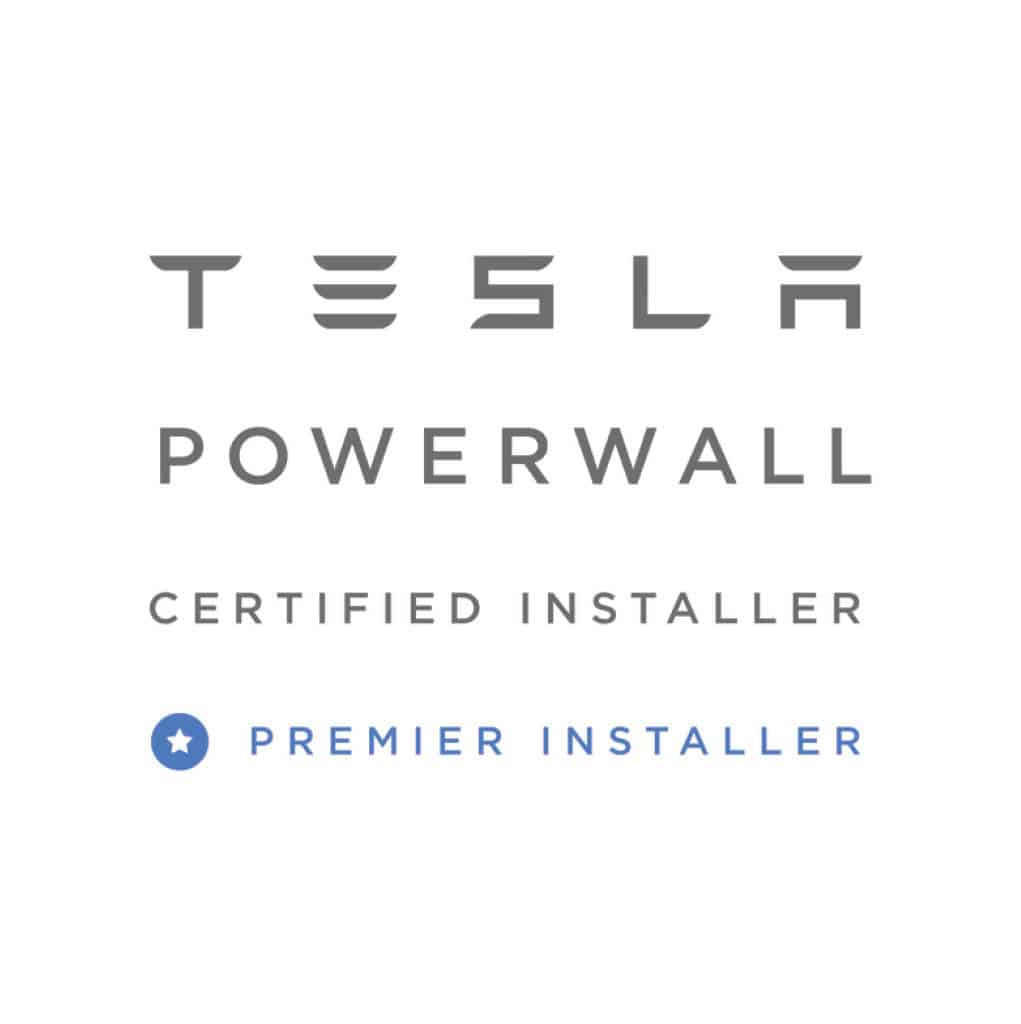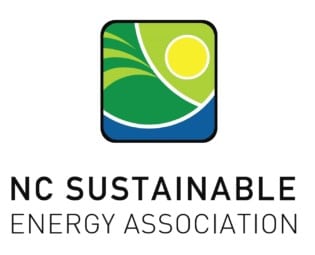Overview
Jinko Solar holds the title of the world’s largest solar panel manufacturer, recognized for producing reliable and cost-efficient solutions for residential and commercial applications. Their panels deliver dependable performance while remaining accessible to a wide range of customers.
What sets Jinko Solar apart is its commitment to innovation and excellence in solar technology. With a proven track record of pushing the boundaries of solar cell efficiency, the company has established itself as a pioneer in research and development.
One of Jinko Solar’s standout achievements is its focus on high-performing N-type cells, which are celebrated for their superior efficiency, better temperature performance, and longer lifespan compared to traditional P-type cells. This dedication is showcased in their flagship Tiger NEO series, which combines advanced technology with affordability, offering a solution for those seeking cutting-edge solar panels without breaking the bank.
Whether for a household installation or large-scale commercial project, Jinko Solar continues to set industry benchmarks, making clean energy more accessible and effective worldwide.
Key Details of Jinko Solar Panels:
Power Capacity: Ranges from 370W to 635W
Efficiency: Impressively high, between 20.6% and 23.2%
Cell Technology: Involves P-type, N-type, and TOPCon
Price Range: Moderately priced ($$-$$$)
Star Product: Tiger Neo 440W
Warranty Duration: Extensive, spanning 12 to 25 years
Customer Service Rating: Admirable, 4 out of 5
Table of Contents
Jinko Solar’s Legacy
Founded in 2006, Jinko Solar quickly rose through the ranks of the solar industry to become the leading solar panel producer by 2016, just a decade into its existence. This rapid ascension marked a major milestone, and the company has maintained its position at the top for over five years. In 2019, Jinko Solar reached an impressive global shipment of 14.3 GW, solidifying its reputation as a dominant force in the solar market.
Headquartered in China, Jinko Solar has expanded its reach across the globe, with manufacturing centers strategically located in China, Malaysia, and the USA. The company employs more than 15,000 people across 70 countries, reflecting its global footprint and influence.
Key Drivers of Success
Jinko Solar’s meteoric rise can be largely attributed to its unwavering commitment to research and development, alongside its emphasis on performance analysis, quality control, and rigorous durability assessments. The company’s focus on pushing the envelope in solar technology has led to several groundbreaking innovations, making sure they stay ahead of the curve.
Independent evaluators, particularly the PVEL scorecards, have consistently rated Jinko Solar’s products as top-tier, further cementing its industry dominance. Their dedication to performance and reliability has earned them a strong foothold in residential and commercial solar markets.
A Shift Toward Innovation
While Jinko Solar initially aligned with established technologies like P-type PERC panels and half-cut cells, the company has recently ventured into new territory. Their Tiger NEO series represents a shift towards N-type cells, which are designed to offer even higher efficiency, better temperature tolerance, and longer lifespan compared to traditional P-type cells. This move signals Jinko Solar’s ongoing efforts to stay at the forefront of solar innovation, offering customers cutting-edge technology and cost-effective solutions.
Jinko Solar’s combination of strategic expansion, rigorous R&D, and commitment to innovation has positioned it as a leader in the global solar market, with a future poised for continued success.
Jinko Solar Panel Assortment
Being a premier PV producer, Jinko caters to a diverse range of requirements by offering solar panels suitable for residential, commercial, and utility-scale projects. For expansive MW scale systems, they’re equipped to modify panel designs to fit particular needs. Here’s a breakdown of Jinko’s panel portfolio:
- Cheetah: Compact and budget-friendly panels for straightforward needs.
- Tiger: Compact panels, straddling mid to top-tier performance.
- Tiger Pro: Larger panels, balancing between mid to high-tier performance.
- Tiger Neo: Premier performance panels, ideal for an array of setups from homes to utility-scale infrastructures.
Many solar installation professionals view Jinko Solar as a go-to for accessible, budget-friendly solar solutions. Aligning with several counterparts, Jinko’s core lineup features panels based on conventional mono PERC cells employing P-type silicon. Yet, their recent stride into the top-tier performance sphere is marked by the Tiger series, founded on high-grade N-type cells. Historically, this high-grade N-type cell domain was dominated by elite panel producers like SunPower, Panasonic, and REC. Nevertheless, recent advancements have seen many, Jinko and Trina Solar included, devising economical N-type cell production techniques to enhance panel efficiency.
Advantages of N-Type Cells Over Traditional P-Type Cells
- Enhanced energy efficiency.
- Diminished degradation rate, standing at a mere 0.4% annually.
- Superior performance in elevated temperatures.
- An increased performance guarantee.
Overview of the Cheetah Series
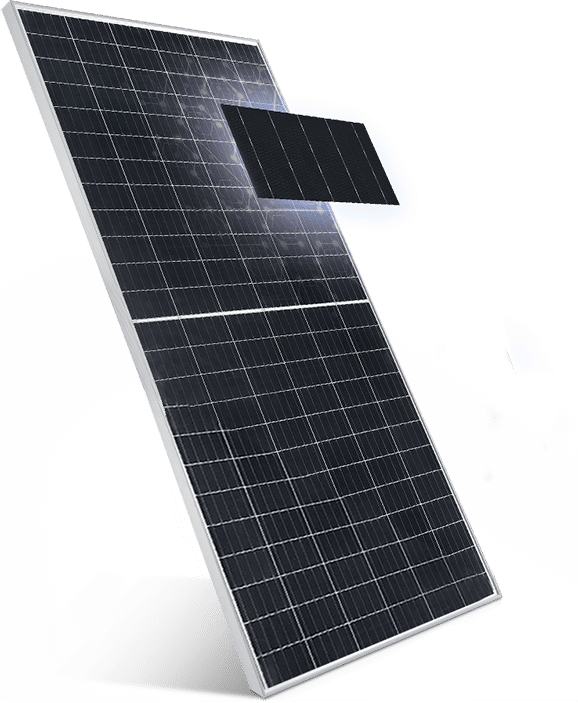
The Cheetah series marked Jinko Solar’s first foray into naming its panels after powerful and agile creatures, following the retirement of the Eagle series. Introduced in 2018, the Cheetah panels quickly made an impact in the market with their performance and value. The series spans a range of power capacities, from 325W to 340W for residential applications and up to 410W for larger-scale commercial installations. These panels feature the standard 60 (or 120 half-cut) cells, commonly used in residential solar systems.
Installer feedback on the Cheetah series has generally been positive, with many praising the balance of quality and affordability. A few installers pointed out some minor issues, including non-uniform frame dimensions and slight discrepancies in glass tinting—the latter being only a cosmetic inconsistency rather than a performance issue.
The 66-Cell Evolution
In 2020, Jinko Solar expanded the capabilities of the Cheetah series with the introduction of an upgraded 66-cell (or 132 half-cut) panel. These enhanced panels offer increased efficiency and an elevated power output ranging from 360W to 380W. One of the standout models in this upgraded line is the 370W panel, which has been gaining attention in the solar industry. Its performance is expected to replace the traditional 60-cell format as the preferred choice for residential and commercial systems in the near future.
Jinko Solar’s Cheetah series represents an evolution in solar panel technology, combining the company’s strong legacy of reliability with cutting-edge innovations aimed at providing greater efficiency and power output. With continued advancements like the 66-cell panels, Jinko is positioning the Cheetah series as a strong contender in the solar market for years to come.
Overview of the Tiger Series Panels
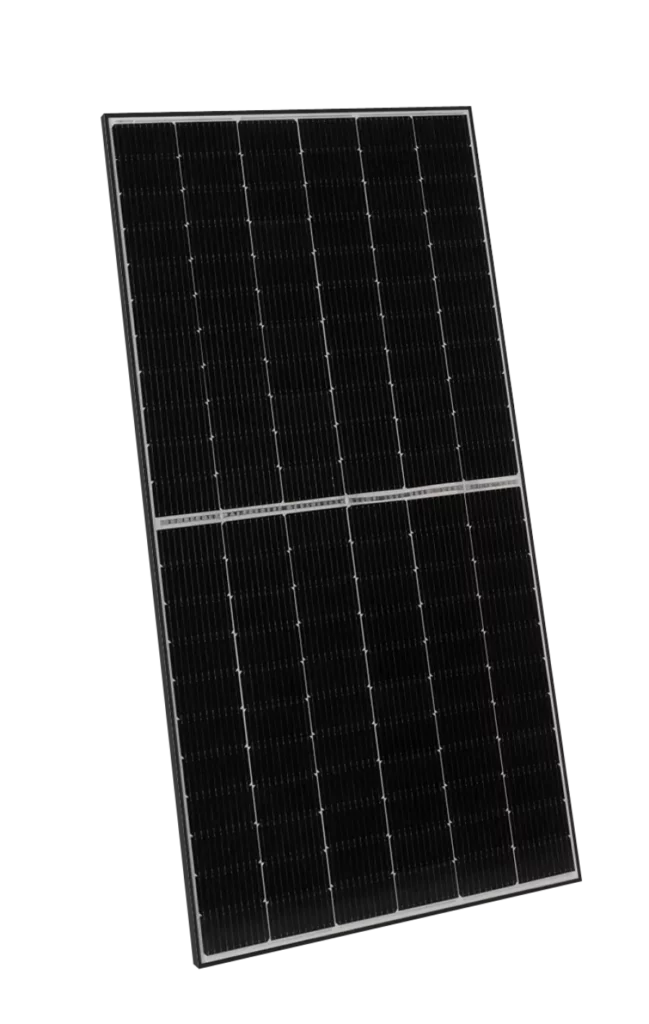
Jinko Solar’s Tiger series represents the forefront of solar panel technology, with power outputs ranging from 370W to 470W. These panels combine Jinko’s commitment to innovation with the latest advancements in photovoltaic (PV) cell technology, making them a prime choice for both residential and commercial applications.
The Tiger series panels incorporate several cutting-edge features designed to enhance efficiency and performance:
- Larger Cells & Multi-Busbar (MBB) System
The Tiger panels utilize larger-sized cells paired with an advanced multi-busbar (MBB) system, featuring 9 slender wire busbars. This contrasts with traditional flat ribbon busbars and serves to improve energy transmission and reduce losses. - Tiling Ribbon (TR) Technology
Jinko Solar’s proprietary Tiling Ribbon (TR) technology is one of the most striking features of the Tiger series. This technique involves a slight overlap of cells, similar to shingled cells, maximizing the surface area by minimizing gaps. This increased surface area translates to better energy capture and higher panel efficiency. The TR process reduces the need for soldering, making the panels more cost-effective and environmentally friendly by minimizing lead content. - Enhanced Reliability & Durability
The integration of the MBB and TR technologies contributes to the panels’ enhanced reliability and durability, ensuring they perform optimally over time with less degradation.
Tiger Panel Highlights
- N-Type Cells: The Tiger series panels utilize high-grade N-Type cells, known for their efficiency and long lifespan compared to conventional P-type cells.
- Tiling Ribbon Technology: A unique feature that guarantees higher energy density by reducing cell gaps and improving performance.
- 9 Busbars (9BB): The integration of 9 busbars increases the electrical conductivity and reliability of the panels.
- 20-Year Product Warranty: Jinko Solar stands behind the durability and quality of the Tiger series with an impressive 20-year product warranty.
- 30-Year Performance Warranty: To ensure peace of mind, the Tiger series comes with a 30-year performance warranty, guaranteeing that the panels will continue to operate at a high efficiency for decades.
The Tiger series panels from Jinko Solar combine advanced technological innovations to deliver high-efficiency, cost-effective, and reliable solar solutions, setting new standards in the solar industry for performance and longevity. These panels are well-suited for homeowners and businesses seeking long-term, high-performance solar energy solutions.
Tiger Pro Series Overview
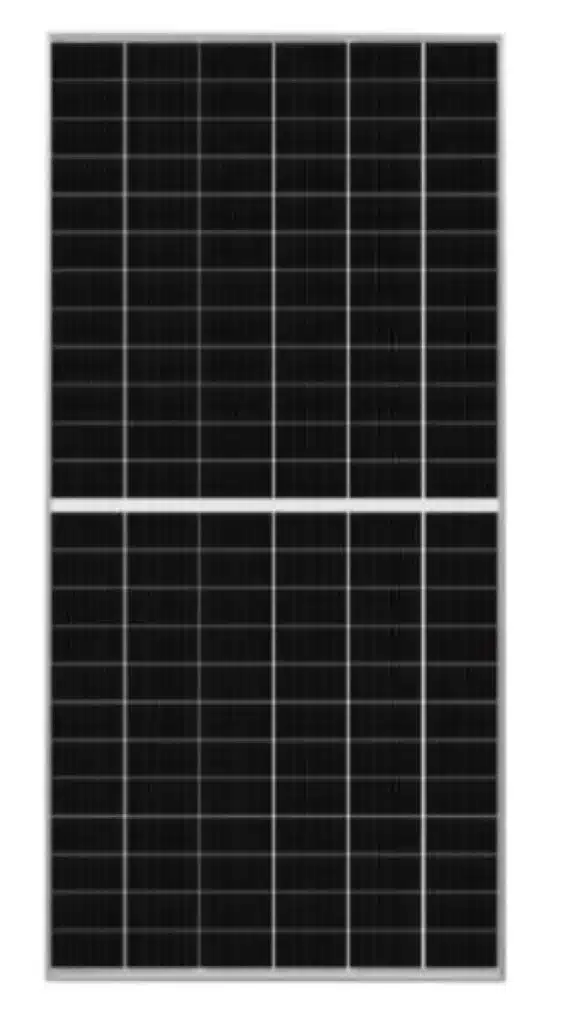
The Tiger Pro series represents Jinko Solar’s next leap forward in solar technology, taking the success of the original Tiger panels and pushing it further. Launched in 2020, the Tiger Pro panels immediately set a new standard with power capacities reaching up to 580W, positioning them among the highest-performing panels in the solar industry.
In a demonstration of their technological evolution, JinkoSolar unveiled an even more powerful 610W variant during the SNEC PV Power Expo in China, showcasing their ability to improve panel efficiency. Initially, the Tiger Pro panels began at 530W, quickly scaling to 580W and ultimately surpassing the 600W mark as cell efficiency and production capabilities improved. This approach has been adopted by many manufacturers to keep pace with the growing demand for more efficient and powerful solar solutions.
Key Features of the Tiger Pro Panels
- High-Power Capacities
The Tiger Pro panels come in various sizes, catering to residential and commercial needs. These include 54-cell 400W versions for smaller applications and larger Tiger Pro panels reaching up to 550W, with some even surpassing 600W in certain variants. These high power outputs offer significant advantages for large-scale installations, reducing the cost of energy per watt. - 182mm Cell Structure
The Tiger Pro panels are built on an 182mm cell structure, a design choice that contributes to their enhanced efficiency and output. The size of these cells directly influences the panels’ ability to generate more energy from the same surface area. - 9 MBB Tiling Ribbon (TR) Technology
Similar to the original Tiger panels, the Tiger Pro series utilizes 9 MBB Tiling Ribbon (TR) technology. This configuration, featuring 9 busbars, maximizes electrical conductivity and helps to reduce internal losses, which leads to higher efficiency and greater reliability. - High-Grade N-Type Silicon
At the core of these advanced panels is high-quality N-type silicon, which allows for better performance compared to traditional P-type cells. N-type silicon also enables the panels to maintain their efficiency over time, even under harsh conditions. - Impressive Efficiency & Temperature Coefficient
With an efficiency rating of up to 21.6%, the Tiger Pro panels are capable of generating substantial energy from sunlight. The low temperature coefficient of -0.35%/°C helps maintain performance in high-temperature environments, ensuring that the panels operate effectively even in hot climates.
Jinko Solar’s Tiger Pro panels are a testament to the company’s dedication to innovation and performance. With power outputs reaching up to 610W, these panels cater to a wide range of installation sizes and energy demands. Thanks to the combination of high-grade N-type silicon, 182mm cell technology, and 9 MBB Tiling Ribbon design, the Tiger Pro series sets a new industry benchmark for efficiency, reliability, and power output. Whether for residential homes or large commercial projects, these panels offer superior energy generation capabilities, making them a top choice for customers seeking long-term, cost-effective solar solutions.
Tiger Neo Series
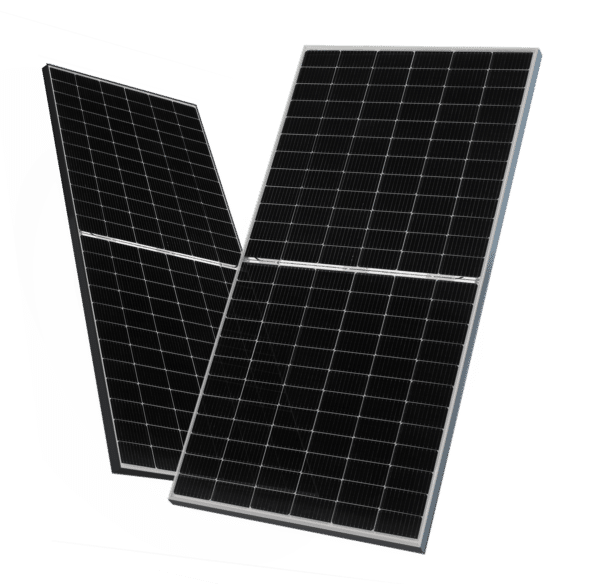
Jinko’s Tiger Neo series signifies their newest venture, standing tall on the high-caliber TOPCon cell framework. These TOPCon cells, sculpted using the purest of N-type cells, are gradually gaining recognition as the potential future industry norm. This shift is largely attributed to their enhanced efficiency when set against the standard Mono PERC cells, which are rooted in a P-type substrate. Within the Neo spectrum, capacities extend from a moderately sized 440W panel to the expansive, high-capacity 635W panels tailored for vast solar farm installations. With modern breakthroughs in technology, the Neo panels have pushed the boundaries, achieving a staggering efficiency peak at 23.2%, a feat made possible through the dense cell structure and the avant-garde high-efficiency N-type TOPCon cells. The Neo lineup is accessible in diverse sizes tailored for varied needs, encapsulating 54, 60, 72, and 78-cell models.
The TOPCon cell technique brings other commendable features to the table:
- A notable bifacial coefficient, amplifying bifacial efficacy (capturing reflected illumination from the panel’s rear).
- Negligible LID and a substantially minimized LeTID decay.
- A fortified 30-year warranty assurance.
- A reduced temperature coefficient, pegged at -0.30%, which curtails energy dissipation in warmer conditions.
- Furthermore, the Neo series caters to large solar infrastructure with its bifacial offerings, available in both 72 and 78-cell layouts.
Jinko’s Warranties
Jinko’s warranty specifications arguably present some of the most perplexing details when compared with other manufacturers. Astonishingly, the warranty tenure of an identical model can fluctuate by a decade, contingent upon geographical considerations. JinkoSolar’s Tiger N-type series emerged as pioneers, championed by a 15 or 25-year product assurance and an extended 30-year performance guarantee. The notable attribute of these panels, owing to their diminished light-induced degradation (LID) rate, is their commitment to sustain at least 87.4% of their initial capacity even three decades later. This translates to an impressively marginal attrition of 0.4% annually.
In an unanticipated twist, the warranty for the Tiger Neo, launched on 11th November 2021, witnessed a decrease from 15 to 12 years—a deviation from the norm as manufacturers typically extend warranty spans with the advent of advanced modules. This alteration, however, was short-lived and rectified on 29th November within the same year.
Jinko’s introductory Tiger P-type panels, in terms of performance guarantees, commit to retaining a minimum of 83.1% of their original capacity post a 25-year span. This assurance is appreciable, especially considering the severe environmental adversities these panels endure annually. Their product warranty spans 12 years. The preceding Cheetah models persist with their conventional 12-year product warranty and a 25-year performance assurance, pledging to maintain 83.1% of their initial capacity with a degradation rate capped at 0.62% per year.
2023 Warranty Revisions
Jinko unveiled a refreshed 2023 warranty report on 1st April, elucidating the warranty spans for their prevailing lineup. Most Tiger N-type, NEO, and Pro panels are supported by a 12 or 15-year product warranty, with select models extending to 25 years. Yet, this document does not encompass panels procured in Europe or Australia. For the Australian clientele, Jinko disclosed a distinct Limited Warranty document in the latter part of 2022, denoting a special 20-year product assurance span for the majority of models circulated in that domain.
Sustainability
Embracing Green Energy in Manufacturing
JinkoSolar stands at the forefront of sustainable manufacturing, pledging allegiance to the RE100 initiative. Their ambition? Harnessing 100% renewable energy for their electricity needs by 2025. RE100, an influential global initiative, unites numerous corporate giants, all of whom are determined to transition to 100% renewable electricity.
Jinko’s vision isn’t confined to merely drawing power from renewable sources. Their strategy encompasses situating new production hubs in proximity to regions abundant in renewable energy. The roadmap to their 2025 target entails intensifying R&D to conceive more efficient solar panels and bolstering the incorporation of recycled materials in production phases. Furthermore, Jinko’s stride toward an eco-friendly manufacturing landscape includes adopting energy-conserving technologies and curtailing the use of lead-based solder—a feat exemplified by the TR cell interconnection in their latest Tiger Pro panels.
Quality: The Jinko Benchmark
Feedback from the solar industry and installation experts affirms Jinko Solar’s reputation for dependability. As with any major manufacturer, occasional panel failures have been observed over the years. However, Jinko’s responsive customer service ensures defective or underperforming panels are replaced under warranty with minimal hassle.
PVEL, a renowned German testing entity, specializes in appraising solar module performance. Their annual PV Module Reliability Scorecard Report has consistently ranked Jinko Solar as a ‘Top Performer’ for the past five years. This acclaim places them at the top of the list, a testament to their panels’ superior quality and resilience against degradation or failure.
Such a commendable failure rate isn’t serendipitous. It’s a direct consequence of rigorous testing executed at Jinko Solar’s own UL-accredited module test hubs and their expansive R&D test center, which delves deep into failure analysis. Jinko further differentiates itself by implementing comprehensive due diligence on all its material suppliers. This vigilance ensures an influx of only the highest caliber raw materials. Additionally, every process and every supplier’s production infrastructure is meticulously studied to align with Jinko’s stringent standards.
Jinko’s Energy Storage
As a leading player in the solar panel manufacturing industry, Jinko Solar has extended its expertise into the realm of energy storage, marking a significant expansion in its portfolio. While many of its peers like Sunpower and Q Cells, have focused on residential storage solutions, Jinko stands out by offering energy storage systems that cater to commercial and utility-scale demands.
By partnering with well-established energy storage and inverter manufacturers, Jinko has rebranded a selection of recognized battery storage products, making sure that these systems carry the reliable Jinko signature. This partnership-driven approach allows the company to enter the energy storage sector with a competitive edge, leveraging proven technology and scaling it for different market needs.
Residential and Commercial Storage Solutions
Jinko Solar’s energy storage offerings are tailored to meet the diverse needs of different regions, acknowledging the unique landscapes and market requirements in various countries.
- Suntank System (Australia)
For the Australian market, Jinko Solar introduces the Suntank system, a hybrid inverter and battery solution. The system combines the Growatt SPH series hybrid inverter with the Growatt LV modular battery system, rebranded under Jinko’s name. This system offers an affordable energy storage solution, but it comes with a 5 + 5-year warranty and projects a 50% capacity retention after 10 years. While it provides value for money, its durability and long-term capacity retention might be less than other high-end systems, making it suitable for users seeking short-to-mid-term energy storage solutions. - 3-Phase JKS Series
The JKS series, designed for larger-scale residential and commercial applications, is built on the Deye 12K hybrid inverter platform. With storage capacities ranging from 7.2kWh to 19.2kWh, the JKS series stands out for its higher durability and performance. The system offers greater versatility and is suited for homeowners or businesses requiring more reliable, long-term storage. The performance inverter ensures optimal operation, making it a preferred choice for clients looking for high-end storage solutions.
Lithium Ferro Phosphate (LFP) Technology
A key differentiator in Jinko Solar’s battery systems is the use of Lithium Ferro Phosphate (LFP) cell technology. Known for its safety and extended cycle life, LFP technology ensures that Jinko’s energy storage systems last longer compared to other lithium-based battery technologies. This technology enhances the reliability and safety of the storage systems, particularly in residential and commercial applications, where energy demands are higher and safety is paramount.
A Commitment to Reliability
Jinko Solar’s expansion into energy storage solutions reflects its commitment to providing a complete solar and energy management ecosystem. By partnering with experienced manufacturers and rebranding high-performance systems, Jinko offers reliable storage solutions for residential and commercial applications. Their use of LFP technology sets a new standard for battery safety and longevity, positioning Jinko as a formidable competitor in the energy storage market. Whether for homeowners in Australia seeking an affordable option or commercial enterprises needing large-scale, high-performance systems, Jinko Solar has a versatile and effective storage solution to meet the demands of modern energy consumption.
Jinko Solar Review
Jinko Solar’s rise to the pinnacle as the world’s premier solar panel manufacturer isn’t just good fortune. For a long duration, the firm’s strategy wasn’t primarily about crafting the most efficient panels, but rather mass-producing panels that strike the right balance between affordability and reliability. This was rooted in leveraging established PV cell technologies. Yet, in recent times, JinkoSolar’s robust investment in research and development has steered the solar sector towards pioneering high-efficiency cell innovations. The unveiling of their Tiger N-type and Neo TOPCon panels, embedded with tiling ribbon technology, underscores their penchant for groundbreaking manufacturing methods that enhance efficiency without escalating costs.
Jinko Solar’s commendable market presence and proven reliability make them a top contender for anyone seeking quality yet affordable solar panels. The Tiger series, in particular, has garnered immense acclaim in both residential and commercial sectors. That said, potential customers should approach their warranty offerings with a discerning eye, as the specifics can fluctuate considerably based on geographical regions.
As JinkoSolar ventures into the battery storage realm, it’s evident that they’re novices in this booming industry. Nevertheless, their strategic move to integrate their energy storage systems with Deye hybrid inverters, as opposed to reinventing the wheel, bodes well for their aspirations. The Deye Group, with its expertise in power conversion equipment since 2007, offers a sturdy foundation. Yet, a recent move saw Jinko rebranding the Growatt Hybrid inverter and LV modular battery system as the Suntank in certain markets. While innovative, the battery performance warranty accompanying it leaves room for improvement.
Let 8MSolar Help You Decide
Looking for the right solar system for your home? Everyone’s home varies, and finding the perfect solar panel fit can often be confusing. Let 8MSolar help you design the solar system of your dreams. Our team of professionals will ensure you find the best panel brand for your home. Get a quote today.
